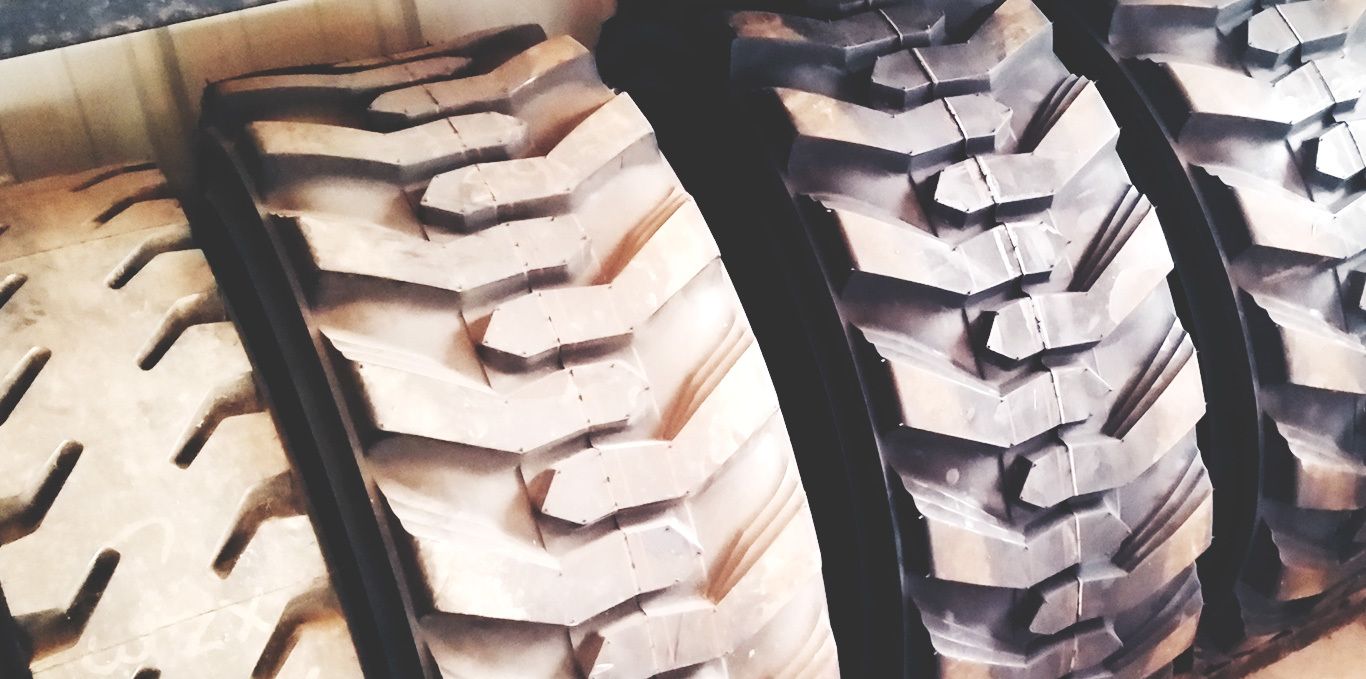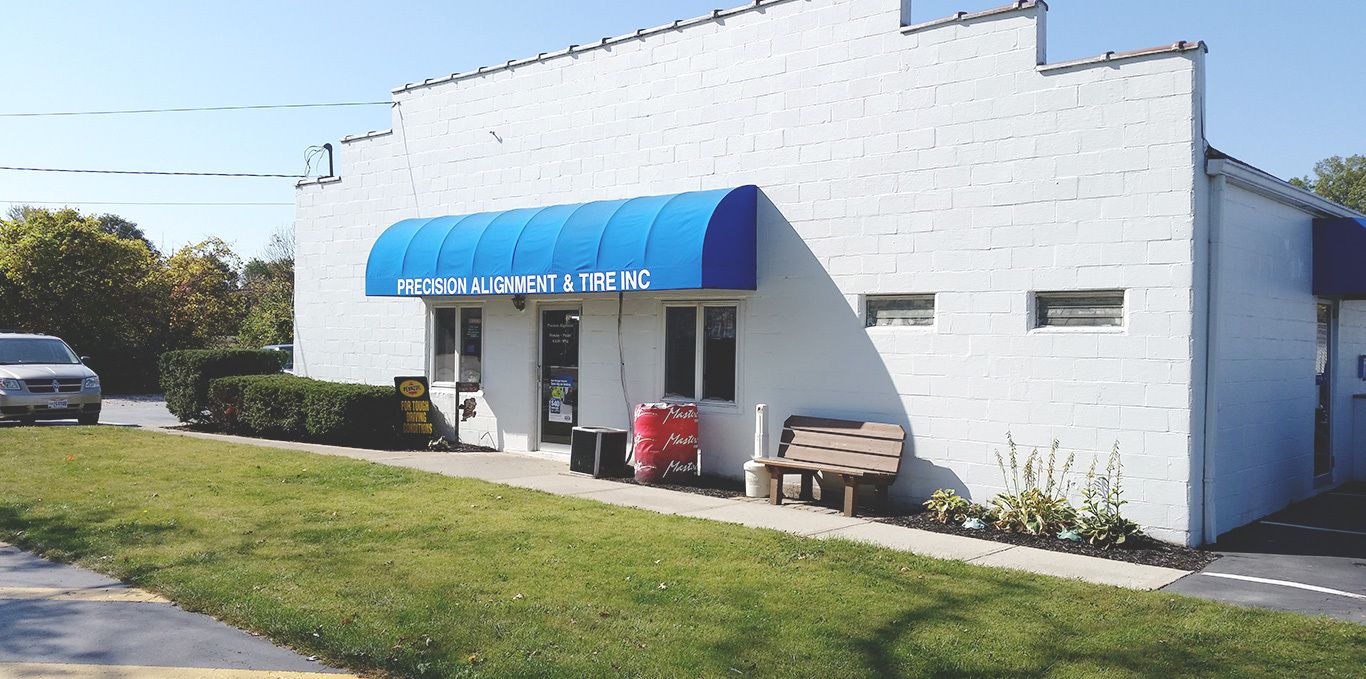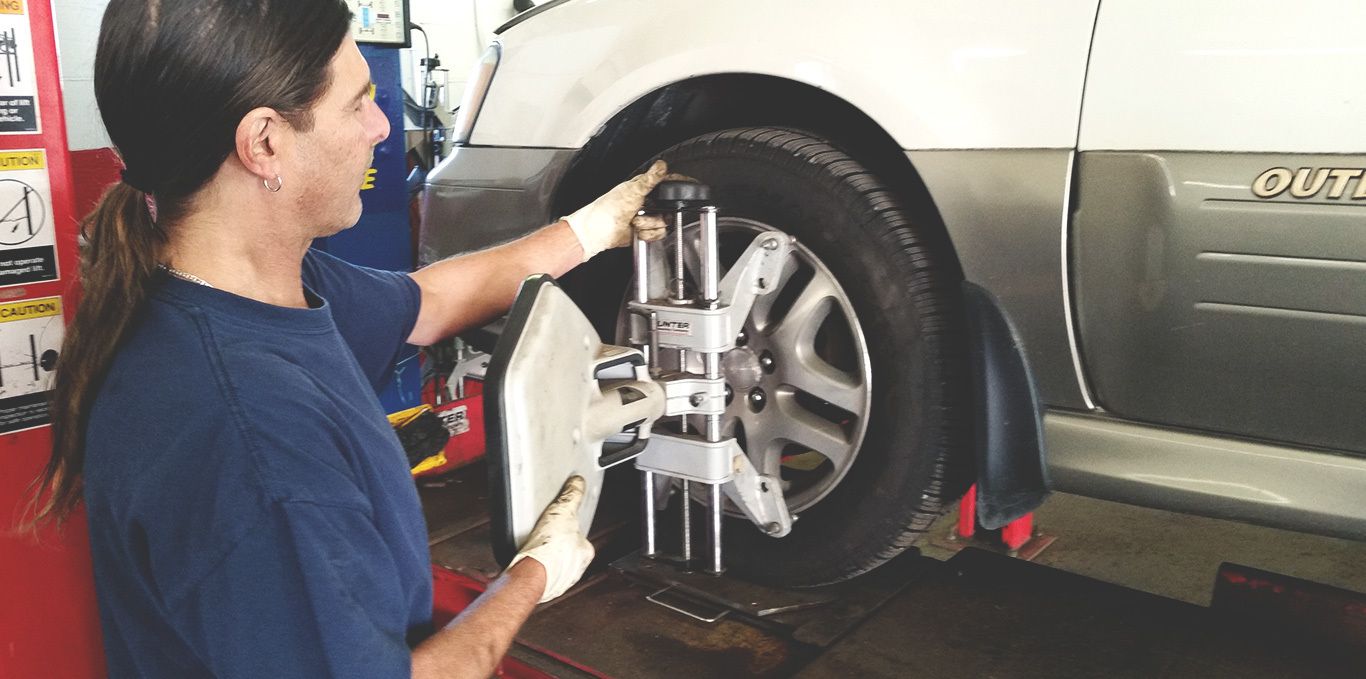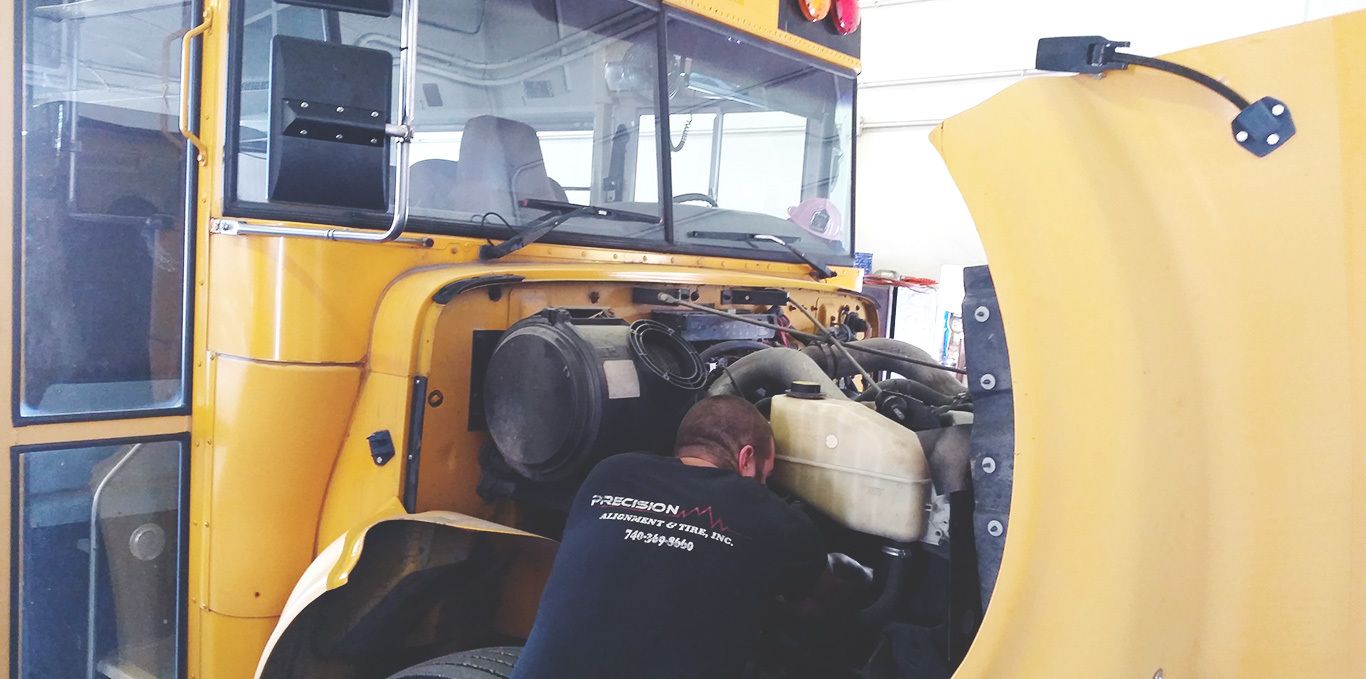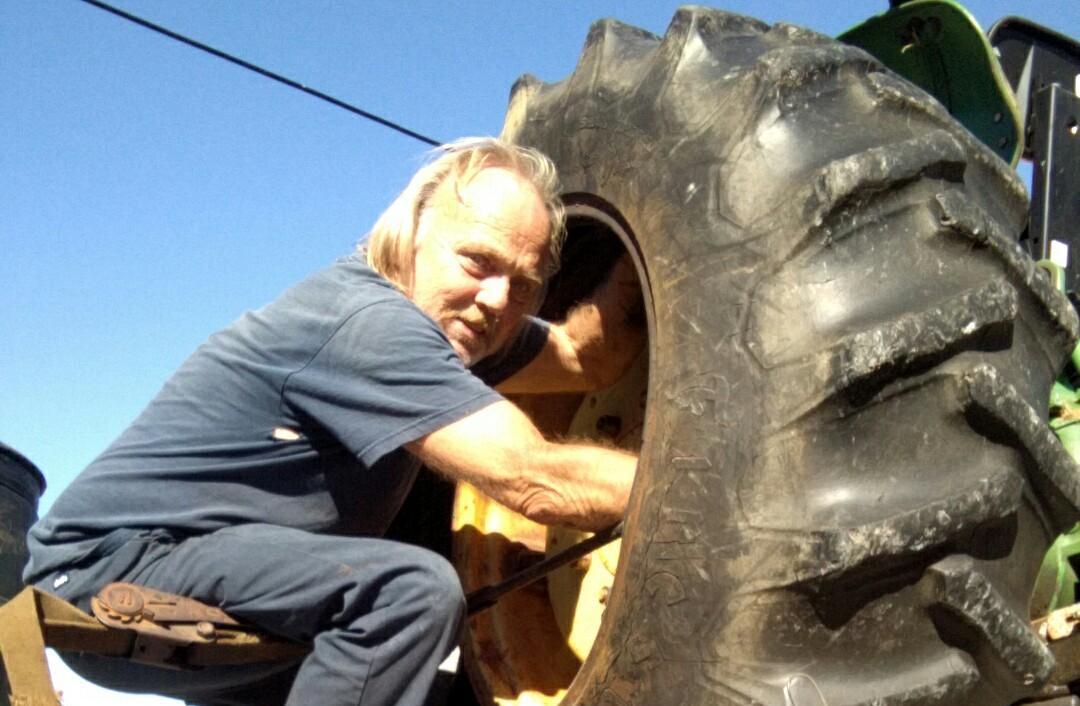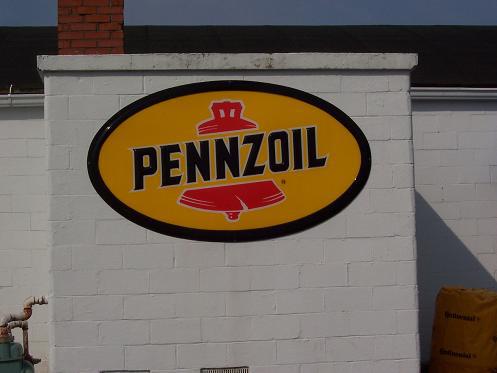We offer complete maintenance services on passenger cars to large trucks including recreational vehicles. Alldata provides us with maintenance schedules so we can keep your vehicle in great shape for worry free service. We use top quality products from Pennzoil, and Shell Rotella, and have fluid exchange machines for coolant, transmission, and power steering. Don't worry, regular maintenance does'nt have to be expensive, trust your car to us.In most cases we charge 1/4 of what a car dealer does, let us talk to you about your vehicle needs.
Engine Oil Change
Why regular oil changes are so important? What will happen if I miss my oil change?
Engine oil has limited life - after a certain point it starts losing lubricating qualities and carbonizes. Once it happens, the engine gets contaminated with carbon deposits or sludge (see the pic.) that significantly shorten engine's life. When you change oil at or before manufacturer suggested interval, you change the oil before this "carbonizing" point, engine remains clean and once refilled with new oil ready to work hard again. If the engine oil has not been changed for long, carbon deposits start clogging the oil pick-up screen decreasing oil supply and increasing friction. Through the engine ventilation system the same carbon deposits build up inside the throttle body and EGR system causing rough idle and possible check engine light. Compression decreases and engine start wearing much faster. If you don't remember when you changed the oil in your car last time - just check the oil on the dipstick. And every time you change the oil, the oil filter should be replaced as well. For correct oil type, engine oil capacity, maintenance schedule, etc. check your car owner's manual.
Checking Engine Oil
Check the engine oil regularly, We'd recommend at least once a month or even more often if the car has high mileage. If you aren't sure how to check oil level, Give us a call or stop by we would be more than hapy to take care of it for you.
Driving with extremely low oil level (less than min.) or with low oil pressure warning lamp on may cause serious engine damage.If you note, that oil pressure gauge indicates extremely low oil pressure - have your engine inspected as soon as possible. While checking the oil level, look at its condition. Check the image below. If the oil is black like on the right image, I'd suggest to change it. Always use only appropriate engine oil type (usually you can find it on oil cap or in the owners manual). Check your parking space for leaks. If you find any, Have them fixed before it results in more serious vehicle problem.
Synthetic oil vs. conventional mineral oil
The advantage of synthetic oil is that it can withstand higher temperature and can work longer without losing its lubricating qualities. It doesn't get thicker at below-zero temperatures providing good engine lubrication at a cold start. However, since it's more "thinner" a high-mileage engine filled with synthetic oil will more likely to develop leaks and you will more likely to hear lifters tapping noise at a start. Therefore, If you have low mileage or turbo engine and driving under heavy conditions such as high temperature, excessive load, long intervals without an oil change, etc., or simply want to provide extra protection for your engine, synthetic oil may be a good solution. But I don't think it's worth to use synthetic oil in high-mileage engines - thicker mineral oil will provide better protection as long as you change it regularly.
Filters
According to experts, changing filters on a regular basis may have more to do with your car's longevity than any other single factor.
Oil Filter:
Oil filters are easy to replace and help prevent unnecessary engine wear. The job of the oil filter is to remove soot, rust particles and other solid contaminants from the oil. Oil filters should be replaced with engine oil every 3,000 miles.
Air Filter:
Air filters remove dirt by trapping particles as air passes through the filter media. They also protect the carburetor in older cars, preventing dirt from clogging the air bleeds and metering jets. They protect fuel injectors in later-model autos.
Air filters should be replaced every 20,000 miles but more often if you live or drive in dusty areas. Any filter that looks heavily loaded should be replaced regardless of the number of miles, as should any filter which shows any type of damage.
PCV Breather Filter:
The PCV breather filter assures only clean, filtered air is drawn in through the PCV breather. A clogged breather filter prevents the PCV from siphoning away the blowby gases and moisture created by engine combustion, resulting in oil breakdown and sludge buildup. The PCV breather filter should be replaced every 30,000 miles; however, yearly replacements are a good preventive measure.
Fuel Filter:
Contaminants can get into your fuel system and if not trapped by the fuel filter, they can clog the injector inlet screens. If dirt reaches the injector itself, it can clog or damage the pintle valve and seat. In older cars, dirt can plug the carburetor's fuel metering orifices.
If the fuel filter is not replaced regularly, fuel flow to the engine will become restricted, resulting in stalling, loss of high speed power and hard starting. The fuel filter should be replaced every 30,000 miles; however, professionals recommend a yearly fuel filter change and a change whenever other fuel system parts are replaced.
Transmission Filter:
Properly filtered transmission fluid transmits energy, plus it cools and lubricates the moving parts of the transmission. A clogged transmission filter can produce transmission slippage, engagement problems and hesitation. Experts recommend this filter be changed every 30,000 miles to extend the life of your automatic transmission.
Cabin Air Filter:
Description: A filter used to clean incoming air for the car's HVAC system. Introduced in European vehicles, cabin air filters are now becoming common on more domestic and Asian makes and models. Some examples include the Ford Taurus, Contour, Windstar and Ford trucks; the Chevrolet Impala, Monte Carlo, Suburban, Tahoe and Silverado; and the Lincoln Navigator. Japanese cars such as the Honda Accord and Odyssey, and the Acura RL and TL use cabin filters. To date, approximately 40% of cars have cabin air filters, but the number grows each year.
Purpose: The cabin air filter helps trap pollen, bacteria, dust, and exhaust gases that may find their way into a vehicle's ventilation system, making the interior of the car a healthier place.
Maintenance Tips/Suggestions: Cabin air filters should be replaced according to owners' manual guidelines, usually every 15,000 miles. It's not uncommon, however, for cabin air filter replacement to be overlooked in the owner's manual. Do not try to clean this filter and reinstall it. For best results, consult filter manufacturer application charts to see if your car is listed. Most filters are accessible through an access panel in the HVAC housing, which may be under the hood or in the interior of the car. Some filters require basic hand tools to remove and install the filter; others just require your hands. If neglected, a restricted cabin air filter can impair airflow in the HVAC system, possibly causing interior heating and cooling problems.
Pennzoil Products
We recommend changing your oil every 3,000 miles to eliminate excess wear on your vehicle.We perform regular maintenance on your vehicle every time you have a service need. This may include a comprehensive maintenance inspection at the time of service if needed
How do you drive? Remember, we’re talking your everyday driving. Lots of short trips and stop & go driving?
Pennzoil® Motor Oils with PureBase® are robust motor oils to withstand the kind of contaminants created in your engine when traffic (or habit) makes you drive like that.
Check your odometer – got over 75,000 miles?
Try Pennzoil® Higher Mileage Vehicle™ Motor Oil
that is specially formulated for engines with over 75,000 miles.
Maybe you haul heavy loads for your job,
or just pack lots of gear for the kids’ soccer team?
Pennzoil® SUV, Truck and Minivan Motor Oils are your best bet –they combine the strength of traditional Pennzoil® motor oils, with boost of Pennzoil® Synthetic to help provide protection against the stress of heavier loads.
Do you drive in extreme conditions or just want to have the ultimate protection no matter what kind of driving you face?
You’ve got to go with Pennzoil Platinum™ Full Synthetic Oils,
The advanced technology, synthetic motor oils. They are carefully balanced additive/base oil formula that give maximum engine protection under extreme driving conditions.
Do you race?
Use specially formulated Pennzoil® Racing Motor Oils designed to provide maximum protection for competition engines.
Your vehicle is a complex system requiring regular care and maintenance. Pennzoil® provides a comprehensive range of products to help protect and keep your car or truck.
Engine Cooling System
Engine overheating causes serious engine damage. In order to avoid the engine overheating: Check the coolant level periodically. It should be at least at the "min" mark in the coolant reservoir. If it's lower, add the coolant bringing the level to the "max" mark.Flush out the cooling system every 2 years 20,000 miles,or 5 years 50,000 miles if you have extended life antifreeze.
Caution:
Never open the radiator or the coolant overflow reservoir when engine is hot!
If you discover a coolant leak, have it fixed as soon as possible - it may cause engine overheating. If you note that the engine temperature starts rising higher than normal, have your engine inspected before it will cause serious problems. Check the front of the radiator - sometimes it may be obstructed with leaves or dust. It's one of the possible reasons for the overheating. Look at the image below. This Buick' radiator is clogged. Try to avoid using front end covers - they cause restrictions to the air flow through the radiator
Transmission
The automatic transmission is one of the most complicated and thus one of the less reliable parts of the vehicle. The repair of an automatic transmission is complex and tends to be quite expensive . More than that, automatic transmission problem can make your car unsafe - some transmission defects may cause, for example, that the car can roll with the shifter in Park or drive forward with shifter in Neutral. On the other hand, if taking a good care of, your transmission can last you really long with no significant problems.Make sure you flush out the transmission fluid every 30,000 miles and change the filter.
Timing Belt
Timing belt is a toothed belt that connects the engine crankshaft to the camshaft or camshafts as you can see in the picture above. The timing belt needed to synchronize the camshaft to the crankshaft position, so the valves will open and close at the proper time in the relation to the position of the pistons. The camshaft rotates at exactly 1/2 speed of the crankshaft; meaning two revolutions of the crankshaft are equal to one revolution of the camshaft. Not all cars have a timing belt. Some of them use a chain or gears instead. Mostly, you can find the timing belt in small and medium size domestic and import passenger cars. For example, 1993 - 1997 Toyota Corolla, 1998 - 2001 Honda Accord, 1997 - 2001 Honda CR-V, 2001 - 2004 Volkswagen Passat - they all have a timing belt. The timing belt must be replaced at a specified by the manufacturer interval. This interval may vary from 60,000 miles to 105,000 miles In addition, the timing belt must be replaced if it has any damage like cracks (see the picture below), cuts or excessive wear. If not replaced in time, it may break possibly causing serious engine damage. When a timing belt breaks, the camshaft stops turning leaving some of the valves in the open position. The crankshaft, because it's heavier, continues to rotate by inertia. In an interference engine, this will cause the pistons to strike the valves that left open. This may result in broken or bent valves, damaged pistons, and possibly, destroyed cylinder head. The damage will be less extensive in a non-interference engine but in either case, the engine will stall, leaving you stranded.
Basic Ignition
Spark Plugs:
Spark plugs are good indicators of engine condition. Removing and inspecting spark plugs tell you a lot about how well the engine is running and what may be causing problems.
All spark plugs should be removed and checked every 30,000 miles - even if your car is "low maintenance" - you're told to change spark plugs at 100,000 miles. This prevents the plugs from seizing in the block, causing expensive repairs down the road.
Always note which plug came from which cylinder. This tells you if a particular cylinder has a problem. BEWARE: New spark plugs can make a difference in your car's performance but only if replaced with the appropriate OE replacement plug.
Distributor Cap & Rotor:
Both the distributor cap and the rotor are usually plastic and, thus, deteriorate with age and use. Cracks may develop, allowing moisture in. The metal contacts on both can then corrode, causing misfiring. These parts should be replaced at recommended intervals or if showing any excessive wear.
Spark Plug Wire Sets:
Spark plug wires have become less of a problem than before. New materials and sizing have reduced failures. Electronic ignitions have increased operating ranges.
Now these should be tested for proper resistance before replacement. They are no longer replaced routinely with the cap, rotor and plugs.
Oxygen Sensor (O2 Sensor):
Your oxygen sensor(s) should be replaced at the recommended intervals. A worn oxygen sensor drastically changes engine settings.
Vacuum Hoses:
Many major systems depend on manifold vacuum for signals and function. All vacuum hoses should be checked and replaced as needed. Even a slight leak can cause major problems with performance; in some cases, the car won't even run if there's a vacuum leak.


